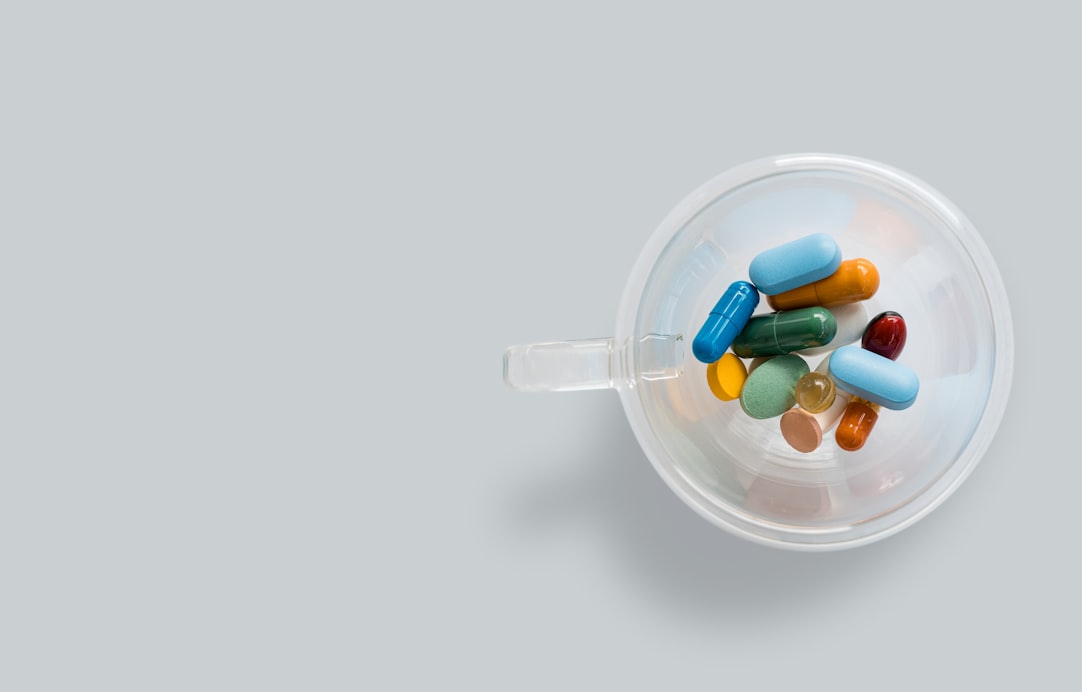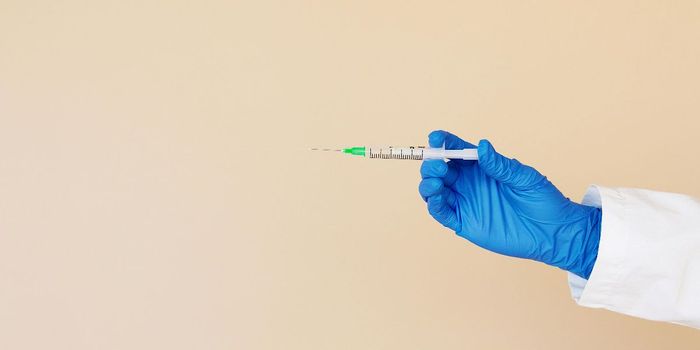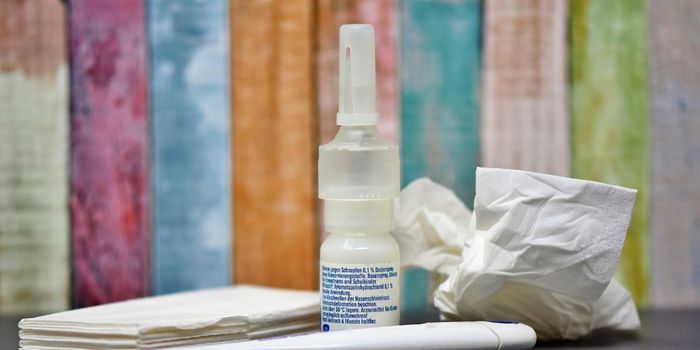Hepatitis C Drugs May Be Involved Coronavirus Treatment
At the present moment, there are no inhibitors that target protease activity of the novel SARS-CoV-2. The main proteases is a critical protein in the life cycle of the coronavirus, ultimately allowing it to reproduce. However, recently researchers have found that hepatitis C drugs may certainly do the trick in inhibiting/blocking the protease from functioning.
"Currently, there are no inhibitors approved by the Food and Drug Administration that target the SARS-CoV-2 main protease," said ORNL lead author Daniel Kneller. "What we found is that hepatitis C drugs bind to and inhibit the coronavirus protease. This is an important first step in determining whether these drugs should be considered as potential repurposing candidates to treat COVID-19."
Learn more about a protease:
Findings of the study were published in the journal Structure. In addition, researchers used the assistance of modern-day X ray technology to look at the atomic arrangements of how protease and drug inhibitors work.
"What we're doing is laying the molecular foundation for these potential drug repurposing inhibitors by revealing their mode of action," said ORNL corresponding author Andrey Kovalevsky. "We show on a molecular level how they bind, where they bind, and what they're doing to the enzyme shape. And, with in vitro kinetics, we also know how well they bind. Each piece of information gets us one step closer to realizing how to stop the virus."
Source: Science Daily









